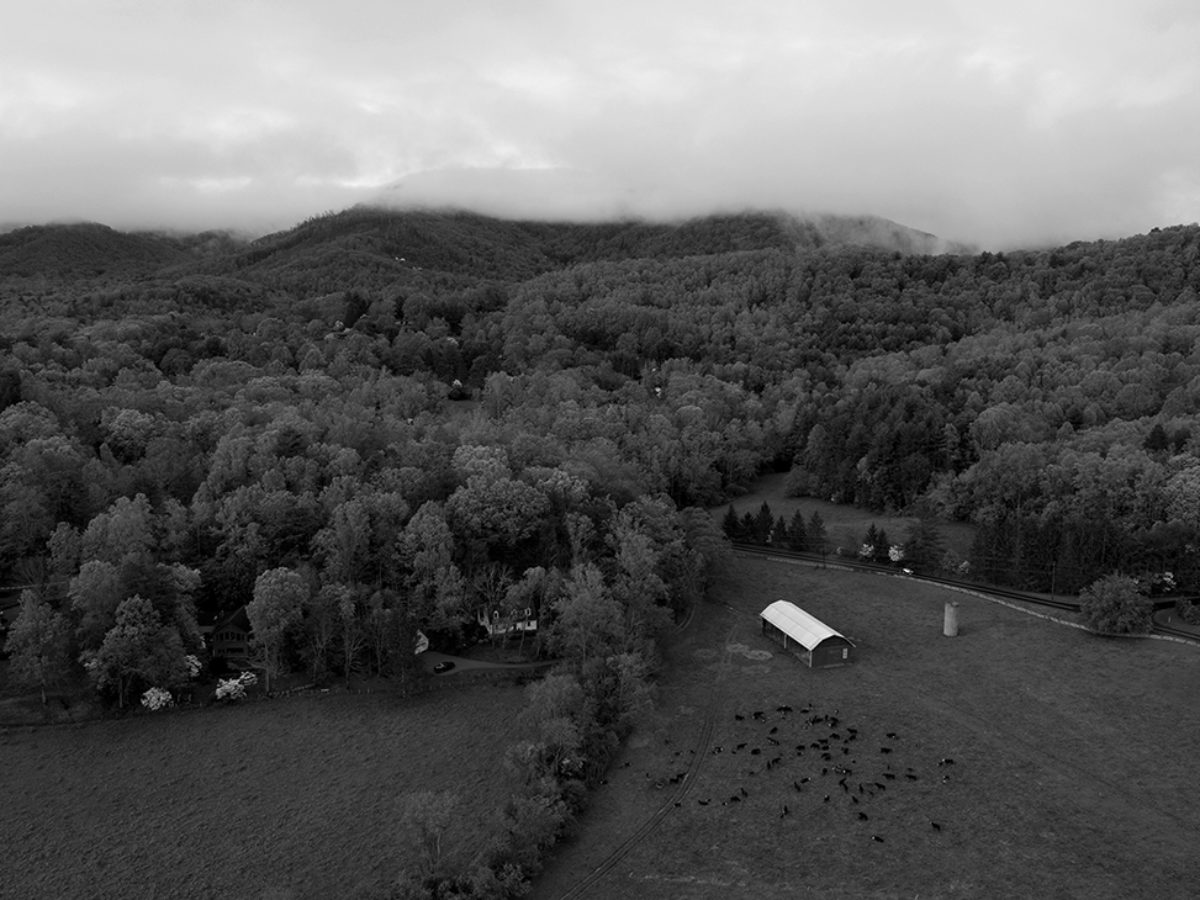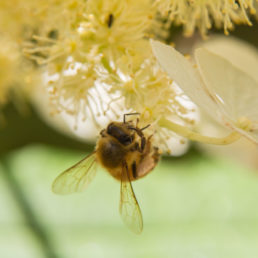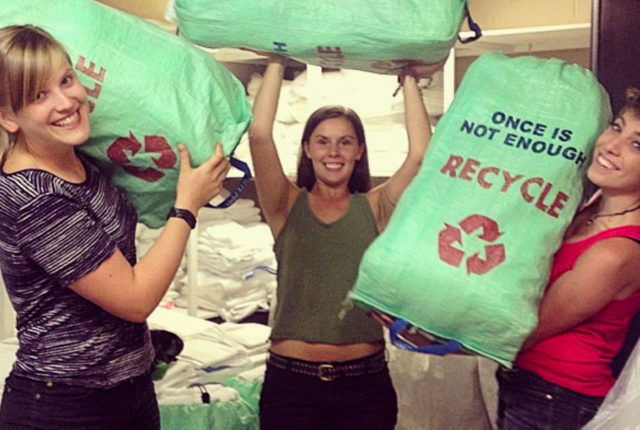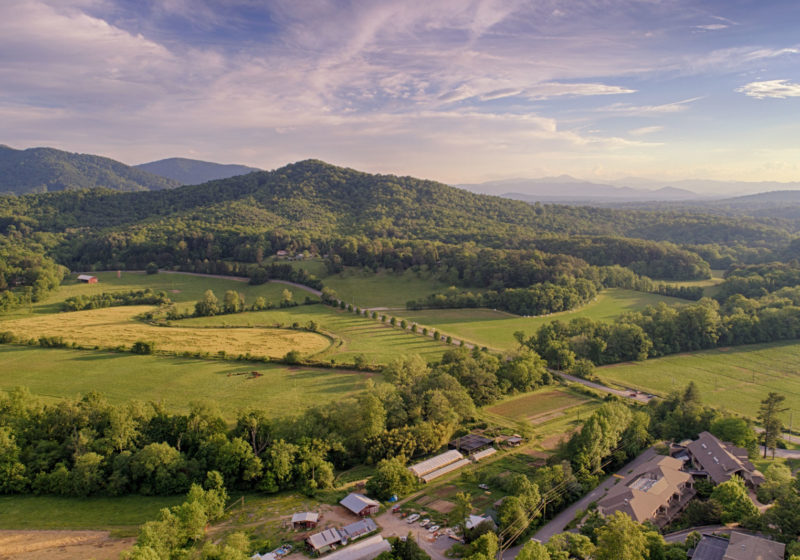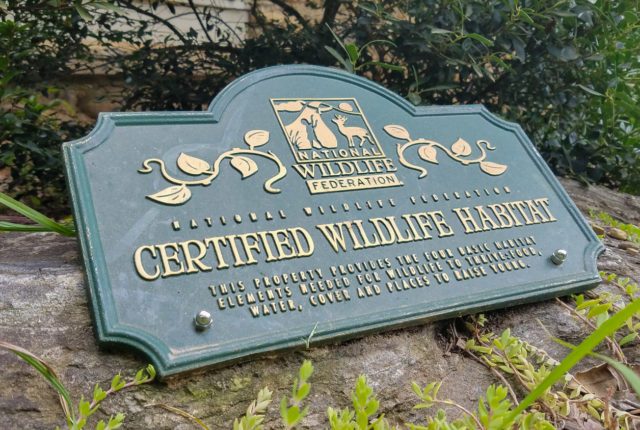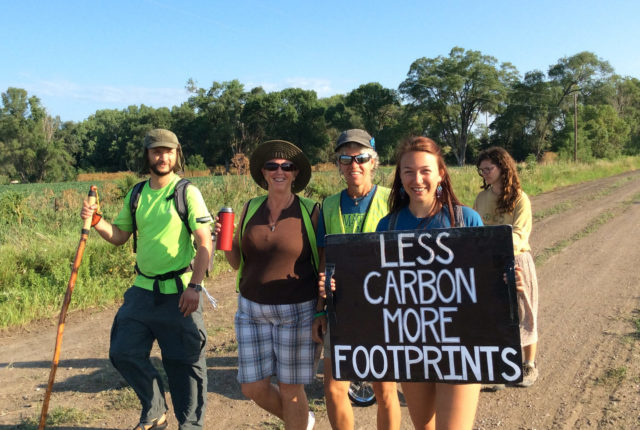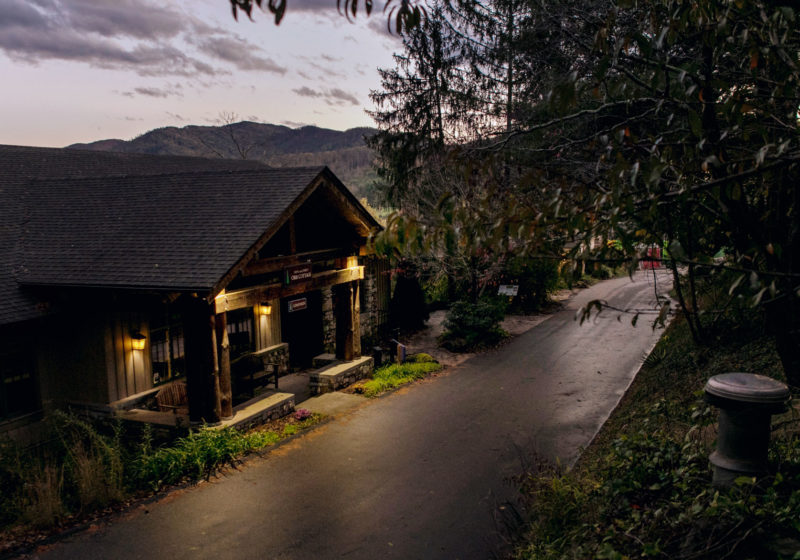Taking Responsibility
Addressing one of the world’s most pressing problems, climate change, requires developing scientific research and taking personal responsibility for our actions. These requirements live at the heart of sustainability at Warren Wilson, where we are researching how bird migration patterns are affected by foliage growth timing changes, where we have committed to sourcing local and regional food in our cafeteria to reduce food transportation pollution, and where each individual is contributing to our zero waste challenge by dumping all food waste into our composting system on campus.
Read about some of our recent efforts in our2020 Sustainability Tracking, Assessment & Rating System (STARS) report, our2020 Sustainable Practices Guide, or our2019 Sustainability Highlights.

